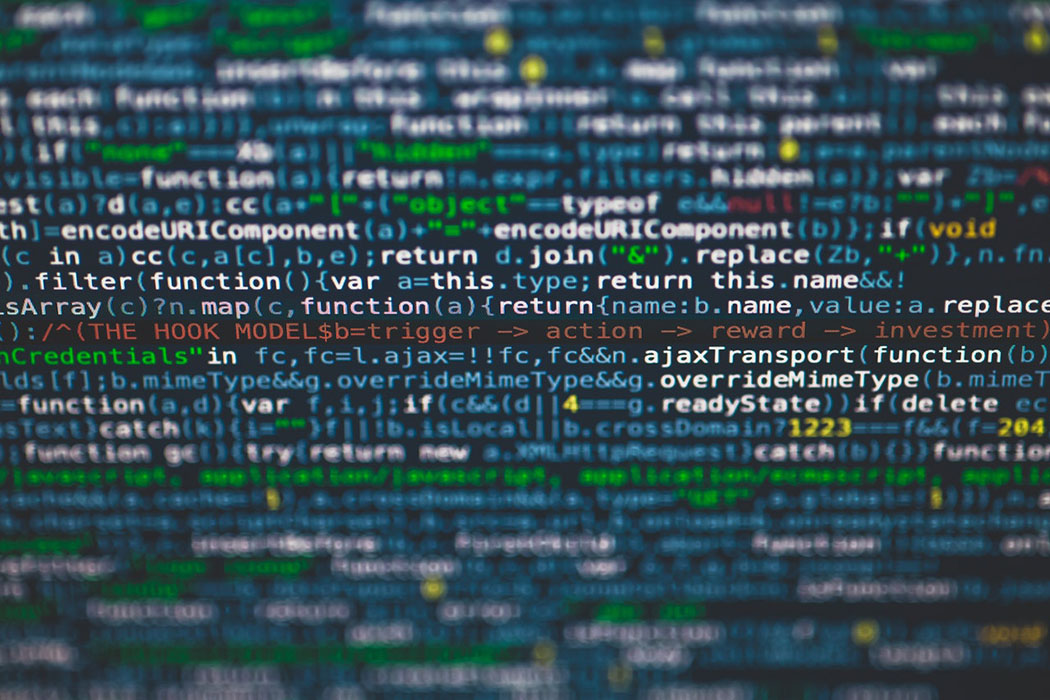As data becomes more and more crucial to a company’s success, web scraping has become an integral part of a business’s operations. After all, it allows them to use the endless resources on the internet to maximize their business’s potential.
However, successfully extracting essential data on the web requires you to have the right tools for the job, including knowing what programming language to use.
There are numerous programming languages available these days, but some of them are better for web scraping than others.
So, what are the top programming languages you can use for web scraping? Read on to find out.
What Is Web Scraping, and Why Is It Important?
Before discussing what the top web scraping programming languages are, let’s first go over what web scraping is and why it has become such an essential part of today’s business operations.
Simply put, web scraping is the process of extracting data from websites using web scraping tools. All the collected information is then exported into your format of choice so that you can easily arrange it in a way that makes the data more understandable.
Web scraping has become crucial in recent years, thanks to data becoming a significant part of a business’s operations. It has allowed web users to collect the information they need to optimize their operations.
Moreover, data scraping has also been made easier and more accessible with various automated tools that extract your desired data automatically. Of course, these tools are developed using programming languages, which is why it’s essential that you know what programming language to use.
Programming Languages for Web Scraping
Now that you know what web scraping is, let’s move on to the different programming languages you can use for web scraping, ranging from Python to C# web scraping.
1. Python
Perhaps the most popular programming language used for web scraping, Python is an all-rounder when it comes to extracting data on the web. It’s easy enough to learn, and the learning curve isn’t as steep as the others.
Moreover, this programming language can handle and execute most web scraping tasks easily and seamlessly. While you can use other libraries for this programming language, BeautifulSoup is among the most commonly used and the most popular.
With this library, you can quickly and efficiently extract XML and HTML data and integrate them directly into your code. It’s simple yet effective, making it a popular choice among web users.
However, some of its downsides are that it’s relatively slower than compiled programming languages, and it has some restrictions on database access layers.
2. Ruby
Ruby is an open-source programming language, and like Python, it’s relatively user-friendly, so it’s possible to quickly grasp its use without encountering too many issues. In fact, Ruby is a highly sought-after programming language because of its simplicity and ease of use.
Moreover, this programming language is actually composed of multiple languages, so you can choose which one to use, depending on your level of experience and comfort with the said language.
It also uses different extensions to help you clean up any broken code. It also has packaging managers, or RubyGems, like HTTParty and NokoGiri, that can help you set up your web scrapers without too much hassle.
However, one of its downsides is that it’s not as efficient when it comes to multithreading support, although it does offer it. This means you’ll still be using more of your computer’s resources when scraping data on the web.
3. js
If you want a programming language that can handle more dynamic coding practices, Node.js can be an excellent choice. This programming language uses Javascript to create non-blocking I/O apps that can support several events at once.
Node.js also comes with built-in libraries that you can utilize to create effective protocols for your web scraping activities. It’s also designed in a way that allows it to support most data extraction processes while leaving enough room for extra flexibility.
However, it has its downsides as well. Considering Node.js is single-threaded, this means it’s not as effective when handling CPU-intensive processes and large-scale web scraping operations.
4. C, C++, and C#
The C programming language has several variations, with the C, C++, and C# being among the most popular. All three variations deliver the best output and performance among the programming languages on this list.
C and C++ allow you to create your own HTML parsing library that perfectly suits your needs, and they make it easier for you to parallelize your web scraper. Meanwhile, C# can be used to create different applications that are compatible with various platforms.
C# web scraping apps support different ways of data extraction, and you can maximize this programming language with the help of the numerous .Net libraries available. Check Web Scraping With C# – Blog | Oxylabs for more useful information.
However, the primary downside to these programming languages is that setting up web scrapers with them can be costly.
Conclusion
Obtaining relevant data on the web has become so crucial to businesses that it would be tough to gain an edge over your competitors without web scraping. Of course, to successfully extract the necessary data, you must choose a programming language that best suits your company’s needs.

